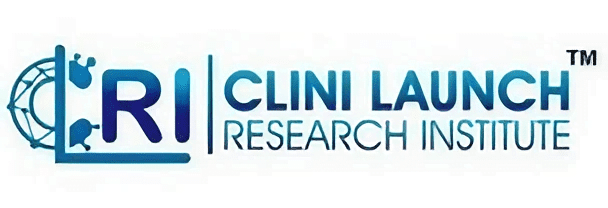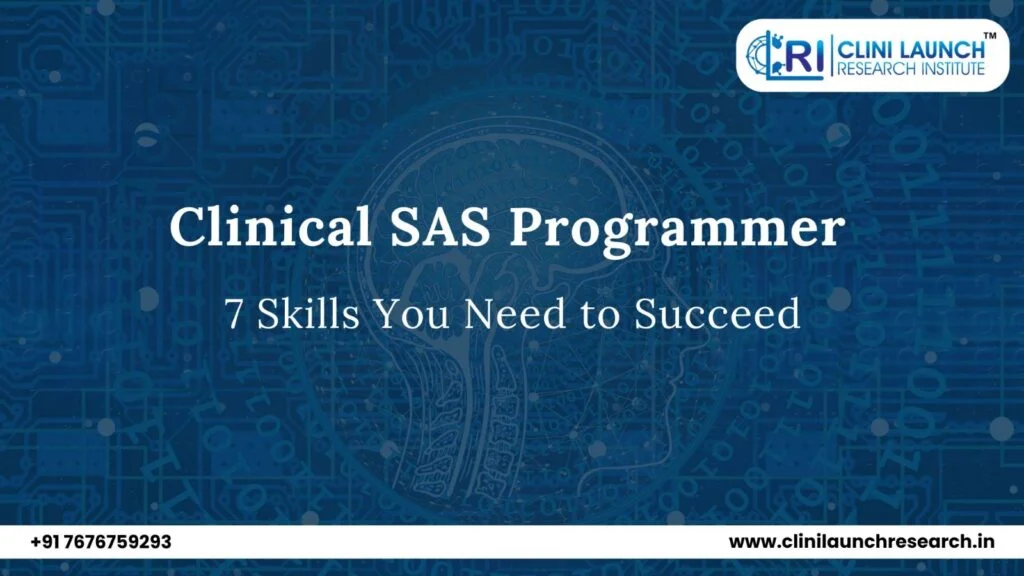Clinical SAS Programmer Guidelines
The world of clinical trials runs on data, and extracting meaningful insights from that data lies in the hands of skilled SAS clinical programmer. These programmers are responsible for building SAS datasets from clinical databases, external data sources, and other data sources. Clinical programmers develop SAS macros, templates, and utilities for data cleaning and reporting, utilizing SDTM guidelines to build datasets and communicate with an internal team. They also create deliverables for pharmaceutical and biotechnology clients.
Now, what distinguishes a good clinical programmer from an exceptional one? It’s a well-honed blend of technical expertise, analytical prowess, and soft skills that enable them to navigate the complexities of clinical research.
To become a successful SAS Programmer, you will need to have a degree in statistics or computer science as well as strong technical skills. You will also need to be able to solve problems quickly and effectively. Most employers prefer hiring candidates with a Masters or PhD, although a Bachelor’s degree in Computer Science, Mathematics, Statistics or Pharmaceuticals Sciences related areas is considered a minimum requirement. The combination of three years of expertise and a recognized Clinical SAS certification is a powerful magnet for attractive remuneration packages.
The projected growth rate for SAS programmer positions significantly exceeded the average for all occupations over the next ten years. As healthcare embraces Electronic Health Records (EHRs), clinical SAS programmers code programs transforming medical device data into standardized formats for seamless EHR integration.
Clinical SAS programmers can embark on a path of professional development through the pursuit of industry-recognized Certifications. These credentials provide a structured framework for acquiring advanced theoretical knowledge relevant to their specific responsibilities, offering a rigorous assessment of programmers practical skills, and ultimately serving as valuable stepping stones for career advancement.
Clinical SAS Programmer- Technical Skills Requirements
Proficiency in SAS programming language
Clinical SAS programmers require a high degree of competence in the SAS statistical programming language. The programming software enables them to effectively manipulate, analyze and interpret complex healthcare data, playing a crucial role in clinical research, trials and ultimately patient care. It allows clinical SAS programmers to create, modify, and maintain SAS programs that are used to analyze clinical trial data.
Data management skills
Clinical SAS programmers need to have strong data management skills to be able to manage large amounts of data. They should be able to organize, clean, and validate data to ensure that it is accurate and complete.
Knowledge of CDISC/SDTM
Clinical SAS programmers should have knowledge of CDISC/SDTM, which is a set of standards for the representation of clinical trial data. This knowledge allows them to build datasets that are compliant with these standards.
Familiarity with statistical analysis
Clinical SAS programmers should be familiar with statistical analysis techniques and methods. This knowledge allows them to analyze clinical trial data and generate reports that are useful to pharmaceutical and biotechnology clients.
Problem-solving skills
Clinical SAS programmers should have strong problem-solving skills to be able to identify and resolve issues that arise during the clinical trial data analysis process.
Communication skills
Clinical SAS programmers should have strong communication skills to be able to communicate effectively with other members of the clinical trial team. They should be able to tailor their explanations to the specific needs and understanding of non-technical stakeholders, ensuring the information is relevant and impactful.
Attention to details
Clinical SAS programmers should have strong attention to detail to be able to identify and correct errors in the clinical trial data analysis process.
Clinical SAS programmers contribute to the development and testing of new drugs and treatments, working in research labs, clinical trial sites and regulatory agencies, in addition to pharmaceutical companies and hospitals. They typically work regular business hours or flexible to meet deadlines. Collaboration is key for clinical SAS programmers, who work alongside diverse teams and prioritize strong communication. They also need to be able to work independently and be self-motivated, as they may be assigned tasks with little supervision.
Emerging Trends in Clinical SAS Programming
Automation: Automations includes automating data cleaning, validation, and analysis tasks, as well as generating reports and visualizations.
Artificial Intelligence: AI can help automate repetitive tasks, identify patterns in data, and make predictions. It can also help improve the accuracy and reliability of clinical trial data.
Cloud Computing: Cloud computing is becoming more prevalent in clinical SAS programming. It allows for easy access to data and software from anywhere, as well as scalability and cost savings.
Real-World Data: The use of real-world data (RWD) in clinical trials is increasing. RWD includes data from electronic health records, claims data and other sources.
Data Visualization: It can help identify patterns and trends in data, as well as communicate results to stakeholders. SAS provides a variety of tools for data visualization, including graphs, charts, and dashboards.
Conclusion
Meticulousness and Passion for accuracy are invaluable traits for a clinical programmer. The data you analyze can lead to life-changing decisions, so a strong work ethic and unwavering commitment to quality are vital.
A successful SAS clinical programmer enjoys a satisfying career with high demand, excellent job security, and the opportunity to contribute to groundbreaking advancements in healthcare. So, if you possess the analytical mind, technical aptitude, and dedication to excel in this field, rise to the challenge and showcase your Clinical SAS mastery!
To know more, visit CliniLaunch





